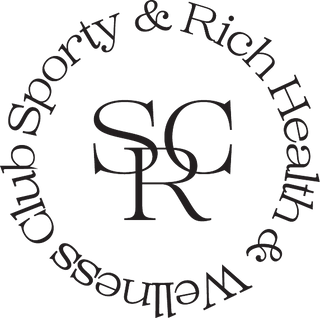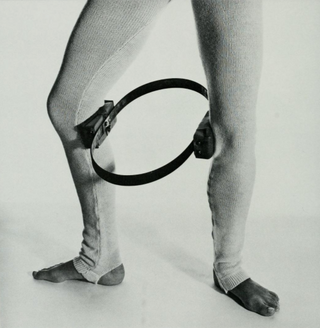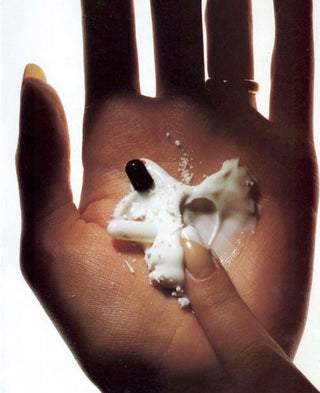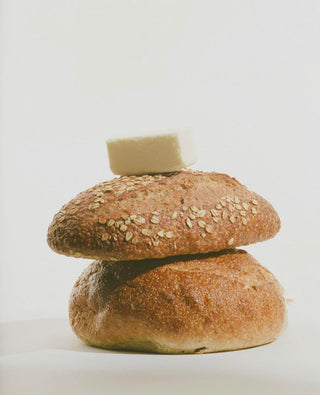
By: Melissa Cugliari
Premenstrual syndrome (PMS) is considered a normal occurrence for women of childbearing age in North America. There are over 100 different symptoms that can fall under this umbrella diagnosis, and severity varies. In the days leading up to a woman’s period, sex hormones, stress hormones, and neurotransmitters (molecules that control mood) naturally shift; this occurs more dramatically in some women, accounting for PMS symptoms that may be physical, psychological or behavioral. Some women report symptoms so intense that there is major change in quality of life and even a strain on interpersonal relationships. The most severe form of PMS is known as Premenstrual Dysphoric Disorder (PMDD).
PMS affects women more than others for a variety of reasons; causes range from nutrient deficiencies, increased stress or adrenal fatigue, imbalance in the microbiome, or poor blood sugar regulation, to name a few. Ultimately, a balanced female system will not have any premenstrual symptoms and a period will arrive at regular intervals without cramping, fatigue, or any other concerns or major changes. When this is not happening, we must ask why, instead of dismissing these symptoms as “normal”.
Having PMS is common, but not normal. PMS symptoms are helpful messages from the body about deeper imbalance that needs attention and care; a woman’s menstrual cycle and preceding symptoms are a window into her healthcare needs. Each PMS symptom can suggest where a woman’s imbalances may be and how we can treat them so that PMS is relieved and the period is smooth.
So what do various PMS symptoms mean? PMS symptoms can be roughly categorized into several basic categories; these categories are not absolute, but can be a useful place to start:
PMS-A (anxiety):
-Mood swings
-Difficulty sleeping
-Tension and/or irritability
-Clumsiness
PMS-B (bloating), sometimes referred to as PMS-H (hydration):
-Breast tenderness
-Abdominal bloating
-Weight gain
-Swelling of extremities
PMS-C (craving):
-Food cravings, particularly carbohydrates and sugar or salt
-Increased appetite
-Headaches
-Moments of low blood sugar (hypoglycemia) which may present as dizziness or light-headedness, feeling shaky and are improved with food
PMS-D (depression):
-Depression, increased feelings of low mood or tearfulness
-Anger for no reason and/or feeling easily upset and/or violent feelings
-Poor memory and/or concentration
-Fatigue
-Feelings of low self-worth
PMS-P (pain):
-Cramping, painful periods (dysmenorrhea)
-General aches or pains
-Changes to bowel movements (frequency, quality)
PMS-O (other):
-Nausea
-Acne
-Increase in urination
-Hot flashes and/or cold sweats
-Allergies or allergic reactions
-Upper respiratory infections
It is common to have a combination of symptoms from each category at varying degrees of severity. Instead of chalking these up to normal cyclical changes associated with the period, these symptoms can tell us where your body needs more holistic support.
If you suffer from PMS-A, you may have high estrogen levels. This could be related to a sluggish liver+bowels, or exposure to estrogen in food and your environment. Treatments include increasing cruciferous vegetables, adding fibre to the diet via the inclusion of ground flaxseed, reducing animal product intake and using certain herbs to curb the high estrogen.
PMS-B may indicate an imbalance in your adrenal glands leading to changes in hormones like cortisol and aldosterone which are involved in the body’s stress response and water balance, respectively. Prolonged stress and a diet high in sodium and processed ingredients can cause this. Treatment would include implementing daily relaxation techniques like meditation or breathwork, increase in filtered water intake (2L minimum), removing all processed, high-sodium foods, and avoiding overly vigorous exercise. Adaptogenic herbs and medicinal mushrooms are helpful to regulate the adrenal glands. B vitamins and vitamin C are integral.
PMS-C is related to your blood sugar and metabolism. Having blood work done to assess your fasting insulin and glucose levels can be very helpful. Eating regular meals that include a source of protein, healthy fat, and fibre is integral to rebalancing blood sugar levels. Stress reduction is also key, as mentioned in PMS-B. Certain high-dose nutrients may be required to adequately treat this type of PMS, along with ensuring you are maintaining healthy weight and body fat percentages
When it comes to PMS-D, high progesterone to estrogen ratio and imbalanced serotonin (a neurotransmitter that regulates mood) may be at play. Deficiency in magnesium, lower body fat percentage, or imbalanced gut microbiome are a few potential causes. Increasing minerals through the diet via plant-based eating (cooked vegetables are ideal), supplementing with high quality oils like organic flax or fish oils, and achieving a healthy BMI through proper diet and adequate but not overly vigorous exercise are all key to treatment of these symptoms.
Inflammation plays a major role in PMS-P. The causes are numerous, and treatments are varied. It is helpful to start by shifting to a plant-based diet with at least eight servings of vegetables daily. Select only high quality, organic animal products, and include wild-caught fish, particularly anchovies and sardines. Elimination of dairy, gluten and sugar including alcohol is helpful. Stress reduction is also very important, as outlined in PMS-B.
This categorization system is rapidly evolving and there are inevitably symptoms that do not “fit”; no two women are the same, and you may have a combination of symptoms from various categories, symptoms may vary from cycle to cycle, or symptoms from the PMS-O category. Symptoms like cyclical acne or breakouts worse just prior to your period suggest a deeper imbalance. Depending on its presentation, acne may indicate a variety of hormonal concerns and is well worth exploring because, by addressing internal concerns, the skin will heal itself. This will decrease the need for topicals or medications that only palliate the acne. Changes to body temperature like hot flashes + cold sweats are also important to note, as they are also indicators of hormonal imbalance or the imbalance of internal yin/yang in Traditional Chinese Medicine. If you suffer from increased severity of PMS symptoms, you may fall under the PMDD category, which will also benefit from holistic care. All of these symptoms are treated uniquely based on a deeper assessment of your health.
Instead of masking your symptoms with birth control, painkillers or other medications and moving on with your life, please consider that these symptoms are akin to a car’s engine lights going off; just as you wouldn’t ignore your vehicle’s service needs, you should not ignore the needs of your body. Using medication to temporarily palliate symptoms is absolutely fine and warranted, but I implore you to seek the care of a licensed naturopathic doctor or functional medical doctor to assist you in exploring the potential imbalances underneath these intricate messages from your body. When these imbalances are properly assessed through an in-depth intake process + testing and corrected through consistent nutrient therapy (diet, supplements), lifestyle changes, herbal medicine, acupuncture, among other therapies, your system can flourish, PMS-free.
